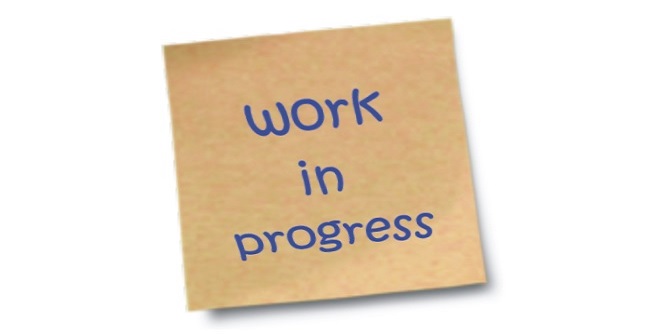In collaboration with the LSE SU FinTech Society and Club Financiero Español (CFE), we invited some of Europe’s most exciting FinTech experts and leaders to speak with us about the opportunities and challenges of FinTech. If you’re interested in the world of FinTechs then reading insights from our panel is a great starting point!
What is the future of FinTech?
Blockchain technology is fundamental to the future of financial services. Although blockchain has not managed to get off the ground [at time of writing there are no singularly commercial products available], it should be coming this year. However, even when they do arise, building scale is still a challenge. We are unlikely to see the value of blockchain within the next five years or so because the point is not to create a single working product but rather a network or ecosystem. With mobile phones, people may be signed up to different carriers (Vodafone, Telefonica, AT&T, etc.) but they can still connect and communicate without having to consider which carrier others are connected to. This is similar to the future of blockchain technology but it will take time. This time-need is not simply the development of technology but also the reassurance that it is a secure system. At the moment it is likely to be too easily hack-able and this is a fear that will need to be considered.
What will the advantage be?
If you think about the example of shipping, the cost of hiring and moving a shipping container is cheap; however, the administrative work that happens with logistics, customs regulation, banks, etc., is what takes time because papers need to be physically shipped between places. If something is being traded between Asia and the USA, this can take two weeks. With blockchain, the movement of money could drop from 2 weeks to 20 minutes so the cost and time it takes to trade will become much more efficient and this will have huge implications for both companies and consumers. However, while this works for trade, for example, card payment works on a closed system with everything in the back office, so it’s still to be seen how closed-systems will be affected.
When will FinTechs be fully integrated into banking?
Banks are continually acquiring FinTech businesses but they are often not integrated into the banks; rather, they’re a way of gaining new customers and leveraging the innovation of the FinTech. Although this might seem cautious, the implications of open banking are not fully understood yet. The expectation is that when it does go live, banks will realise that they are going to lose customers so they will have to get on-board. A company who has tried open banking (albeit with still quite a manual set-up process) found that their customers were keen to use it so there definitely seems to be a demand!
Are the links between FinTechs and banks part of a long-term strategy or a temporary solution?
It’s a mix – at the moment there’s a win/win case for the alliance: banks have a large customer base, FinTechs can deliver technology faster for banks to plug into. As long as the FinTechs continue developing needed technology, rather than stagnating once they’ve sold it, they will continue being of long-term value to the banks. However, banks are also future-proofing by developing their own in-house technology. This doesn’t mean that FinTechs will disappear – if the banks identify a gap that they need to fix quickly then FinTechs will offer the solution – however it does mean that those needs are likely to be more reactive in the long-term.
Digital identity is becoming the new money, what are the implications of this?
Digital identity is becoming the new money in the sense that banking will become more invisible; you can see this through the way that Facebook and WhatsApp are moving into payments. This means that digital identity will become part of knowing whether one is likely to default a payment or a way of monitoring the way in which one makes payments. In this sense, if money is, most simply put, an exchange of value, your digital identity becomes part of the exchange. [The book Surveillance Capitalism by Shoshana Zuboff is recommended for more information on this topic.]
Can payment being too convenient where it allows for reckless spending?
For the most part, consumers want payments to be invisible; there are those who like to manage their wallets and others who don’t want to be close to the detail. However, there is an ethical investment needed to help customers save and consider their long-term financial situation. In this sense, financial institutions will need to build a relationship that also warns of risks because easing the opportunity for irresponsible spending will be troublesome for both banks and customers in the future. This will require a sea-change from financial service organisations.
Finally, what are some tips for working in a FinTech?
Be curious. Learning about new technology and knowing the industry will really put you ahead when going for interviews. Also, bear in mind that it is not that people who work in FinTechs are smarter, or are capable of ideas not available in the big banks; FinTechs are successful because they can be dynamic, take risks, and have less red tape. Also be aware that unlike most start-ups, FinTechs require and value domain knowledge so you don’t feel pressured to make a career-long choice between the two.
Thank you to the panel for the brilliant insights! If you’re interested in working for a FinTech, why not book a one-to-one career consultation? We’re open throughout the year and can also offer support remotely. Book your appointment on CareerHub.





